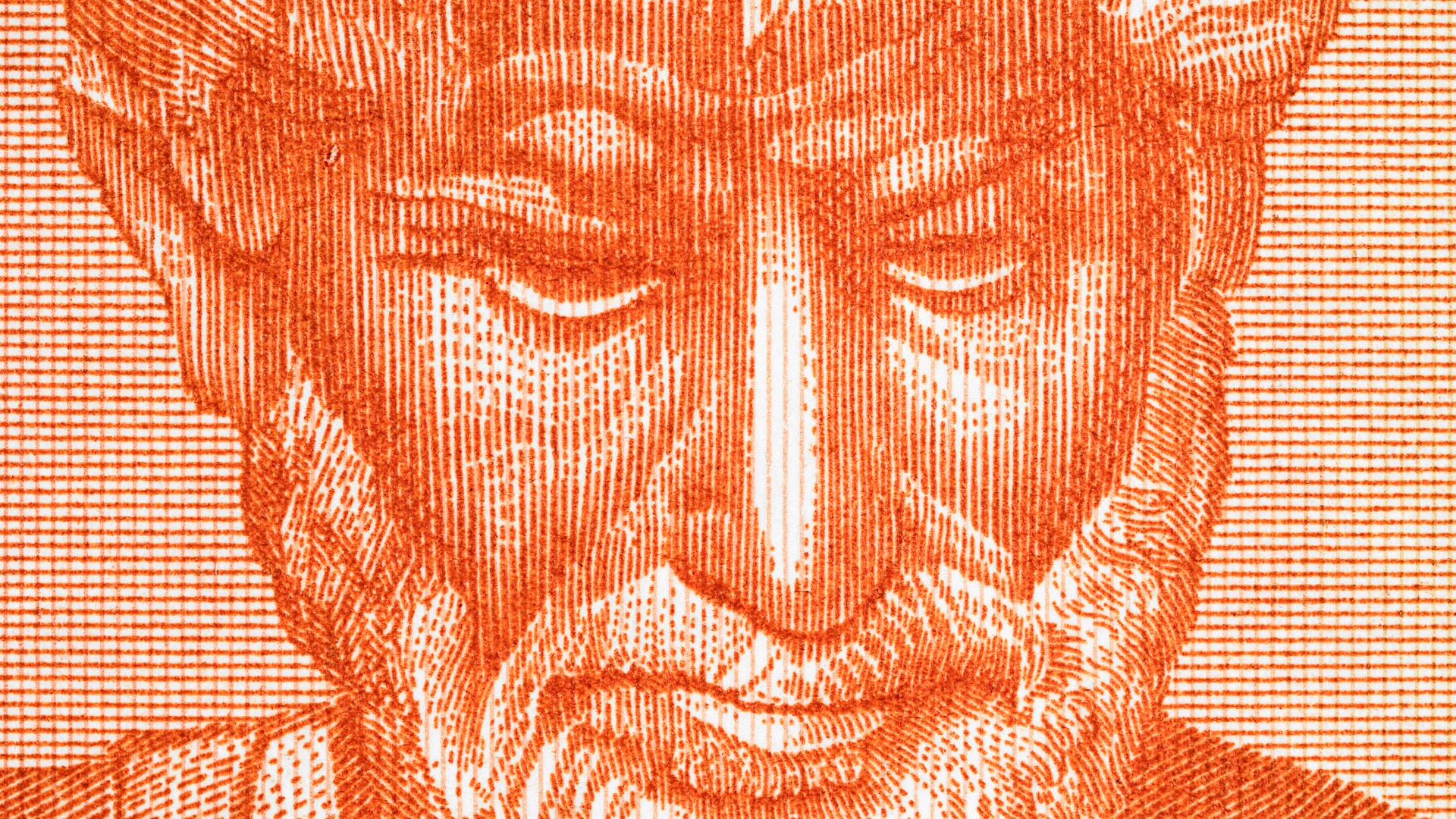Do you have a moral compass?
Question: Do you have a personal philosophy?
Jim Barksdale: I don’t know that I have a personal philosophy. I have many things that have stood the test of time for me, and I’ve tried to learn from them. The main basic one is treat other people the way you want to be treated. If you’re managing people, it’s always best to look at what’s going on from their eyes. I do believe I’m my brother’s keeper. Maybe that’s because I grew up with a lot of brothers. I do believe in the second great commandment, which is similar to what I said earlier. You know, to love your neighbor as yourself. I think it’s probably the King James Version where they use the word “neighbor”. A lot of people think, “Well that must mean somebody that’s like me.” Actually “my neighbor” means mankind. I think those are important things and they’re . . . You kind of come back to that. I think that I’ve tried to not be hurtful. I try to be helpful. I stand up for things I believe in and try to keep my mouth shut when I don’t know what I’m talking about
In every recorded religion in the world, treating your neighbor or loving one another . . . loving another as yourself is part of that recorded religion. That’s not a tenet that’s basic or unique to Christianity. So I’ve never believed that it was particularly a . . . a particular religion or sect. But I do think for many people – not all – I think religion can help give them a moral compass. But like Martin Luther said, I would rather follow a Muslim or an atheist as a leader than some Christian who didn’t have a moral compass. I don’t think that religion . . . any particular type of religion has any claim on morality, or on improving our social values. But I think it’s helpful for many, and for those people it’s a good thing
Recorded on: 7/5/07





